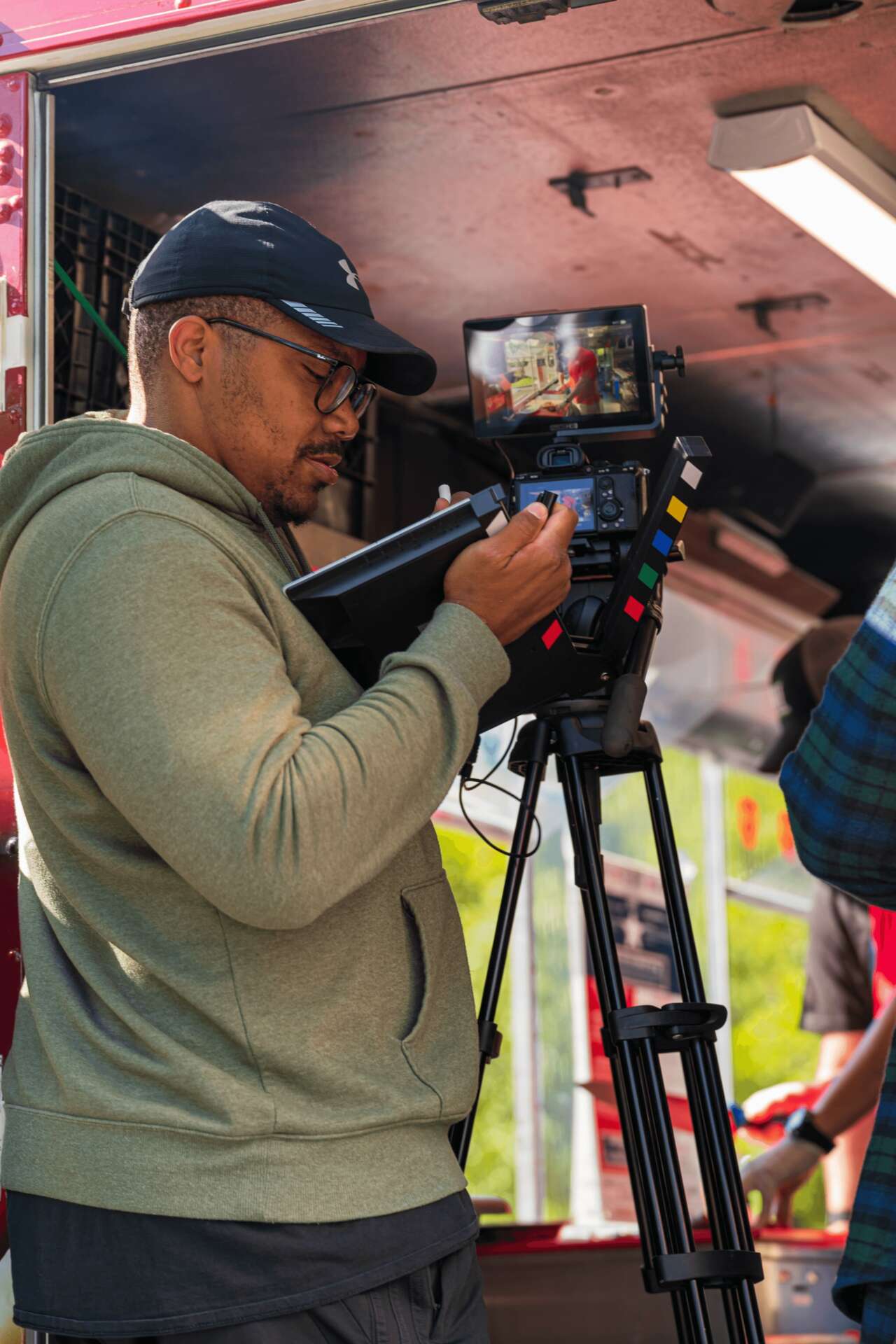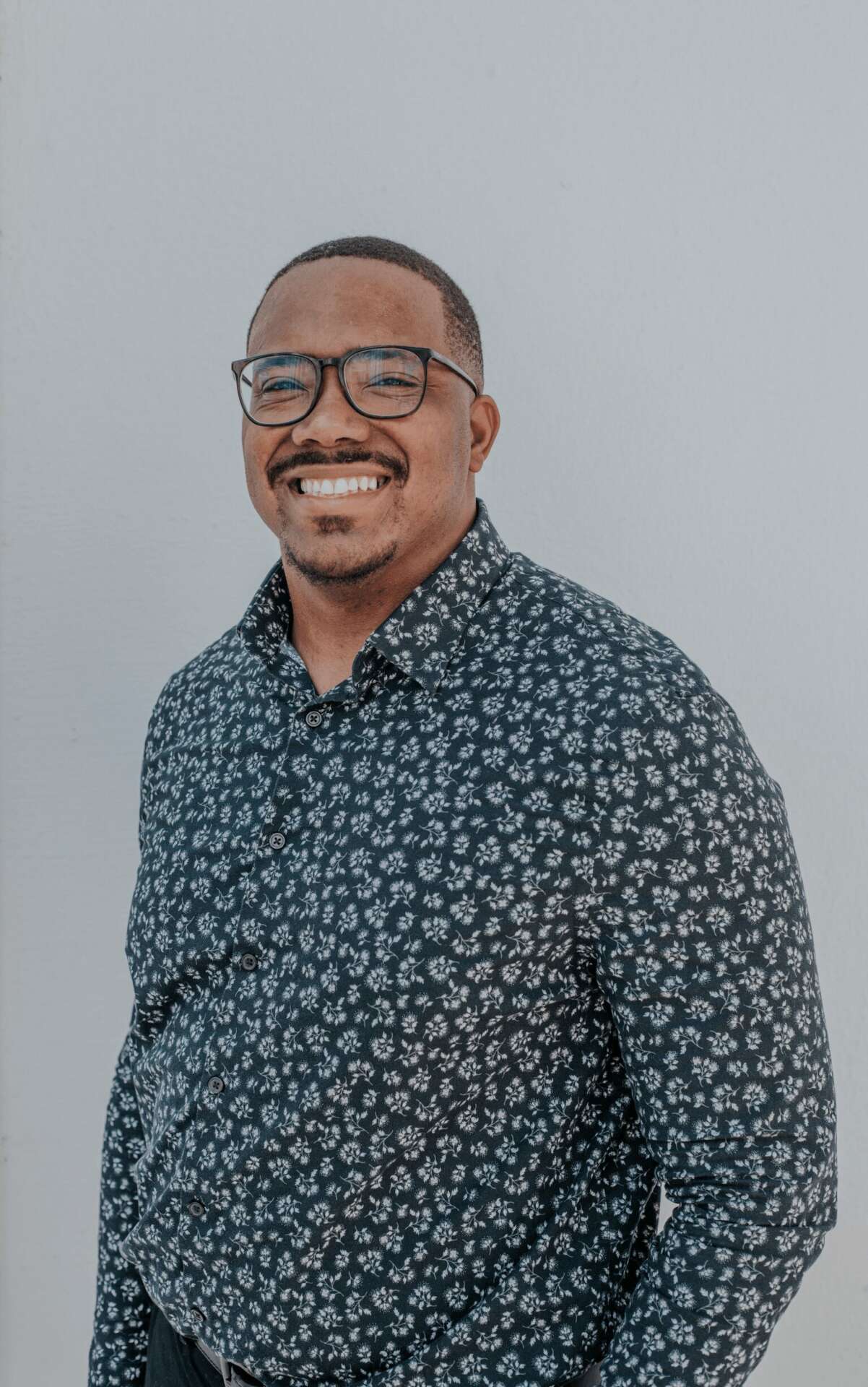Alright – so today we’ve got the honor of introducing you to Antoine “Doug” Sanders . We think you’ll enjoy our conversation, we’ve shared it below.
Antoine “Doug” , appreciate you joining us today. How did you come up with the idea for your business?
In 2015, while working at Boeing, I came into contact with a fellow mechanic and mentor who had been with the company for a long time. During one of our many conversations, he asked me if I had served my country. I replied yes, and then he asked why I didn’t have a degree. At that point, I had tried college before but hadn’t been successful. I paused for a moment, unable to answer his question.
That conversation stuck with me, and throughout the shift, I kept thinking about it. Sean, my mentor, would often check in on my progress towards my goals. At that time in my life, I was torn between going back to school for nursing or pursuing videography. I felt like I needed a sign or a push in the right direction.
One day, I got the opportunity to help film a music video with a friend who was in the creative industry. I fell in love with the art of filming and the creativity behind it. I loved the idea of storytelling. It felt like a sign from God, trying to get my attention. After talking with Sean, I decided to quit Boeing and return to school full-time to pursue my degree.
I completed my degree at the Art Institute of Atlanta and returned home to Charleston, expecting to land a great job. Needless to say, I didn’t get hired for anything that felt worthwhile. So, with all the equipment and knowledge I had, I decided to take a chance on myself.
In college, my friends called me “Doug” because of my sense of humor and down-to-earth nature. I started taking freelance gigs, doing every type of film possible because I wasn’t sure what I wanted to specialize in. I realized that Charleston lacked good videography production companies for small businesses. I felt I could fill that gap by being a reliable creative who produces great products and helps businesses launch to the next level.
What excites me most about this idea is giving brands and companies something unique to them. I love the thought that in 10 years, they can look back at the finished project and feel the nostalgia.
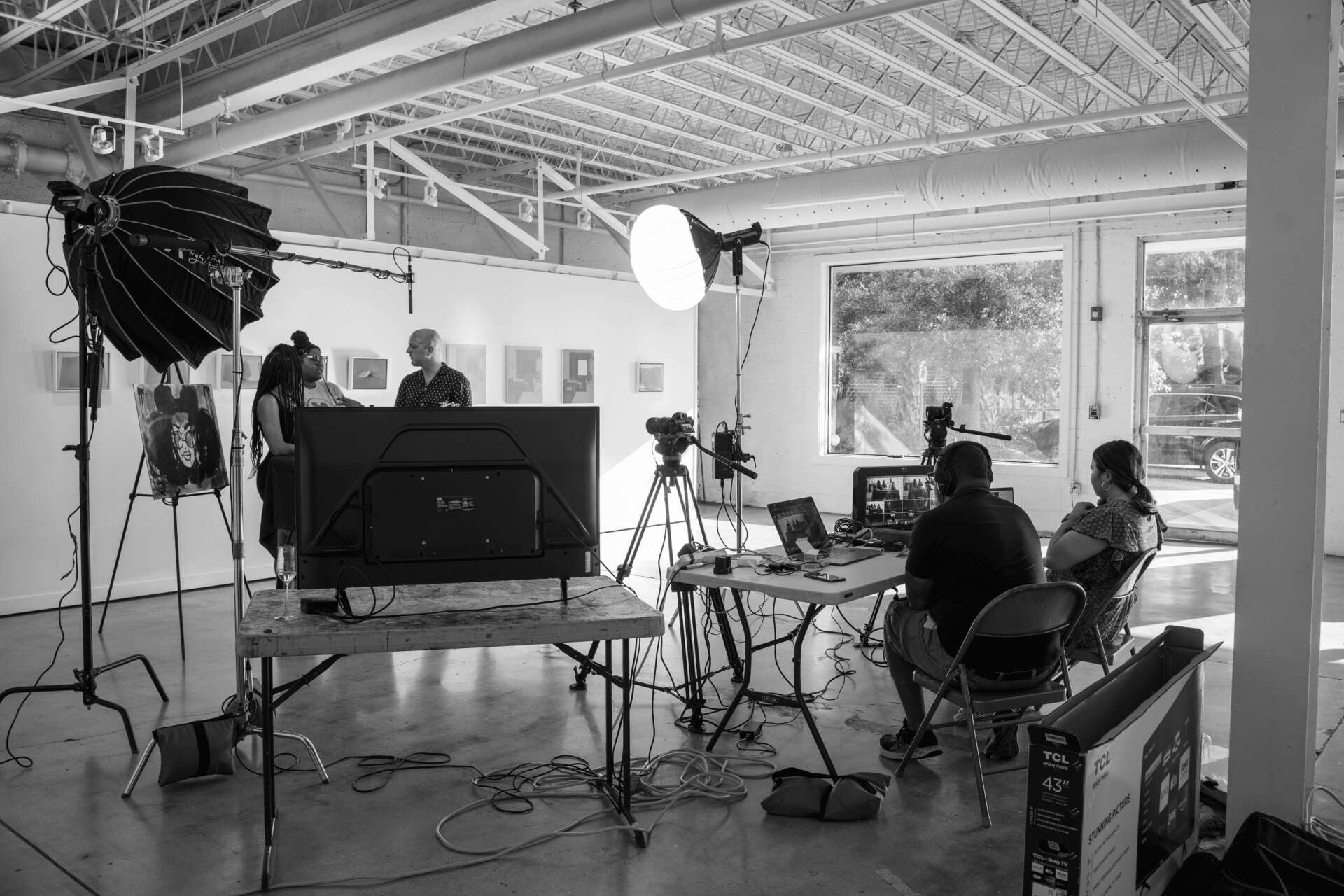

As always, we appreciate you sharing your insights and we’ve got a few more questions for you, but before we get to all of that can you take a minute to introduce yourself and give our readers some of your back background and context?
I was first exposed to videography when I helped a friend film a music video. I got the opportunity to hold the camera and film the talent performing lyrics. That moment sparked my interest in videography, and I began thinking about going to school to learn the craft.
In 2016, I decided to quit my job at Boeing and enrolled in The Art Institute of Charleston. However, due to the Gainful Employment Act passed by former President Trump, the Charleston campus closed when I was in my senior year with only a semester left. Determined to complete my education, I transferred to The Art Institute of Atlanta and finished my degree there.
While in Atlanta, I won a contest to intern for a management company called Street Execs, known for managing some of hip-hop’s biggest artists like 2 Chainz, Young Dolph, Skooly, Travis Porter, and Trouble. I joined the team as an assistant DP/Intern for three months, which initially led me to film music videos.
After returning to Charleston, I realized that the market for music videos at that level was nearly nonexistent. I pivoted to focusing on lifestyle branding and event videography. I noticed that it was challenging to find a reliable videographer with a unique eye for videography—someone who could take a brand and create content that aligned perfectly with the client’s vision.
From start to finished product, my goal was to give my clients something that would set their brand apart from the rest. Being able to deliver a big production result with a personal approach made all the difference to me.
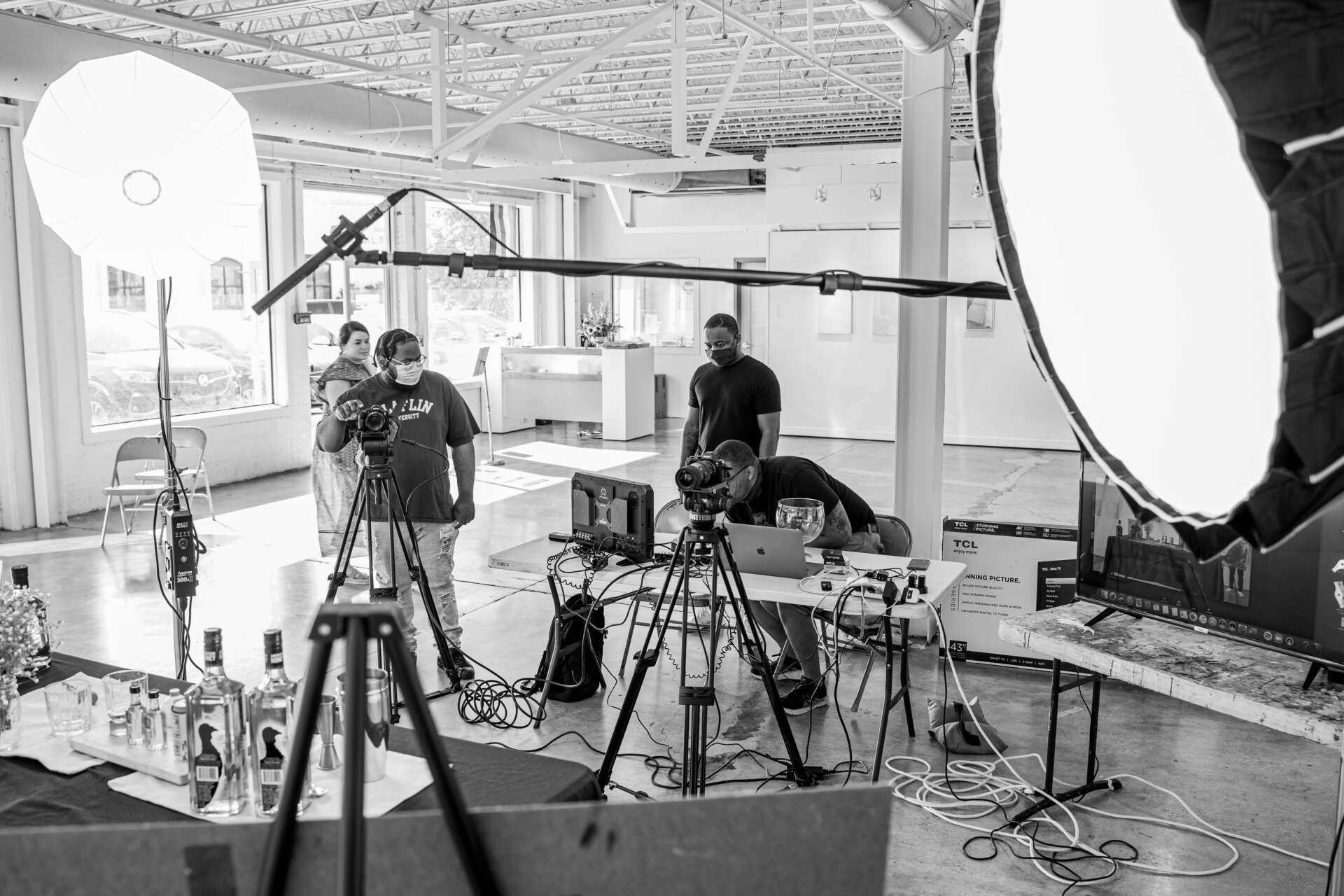
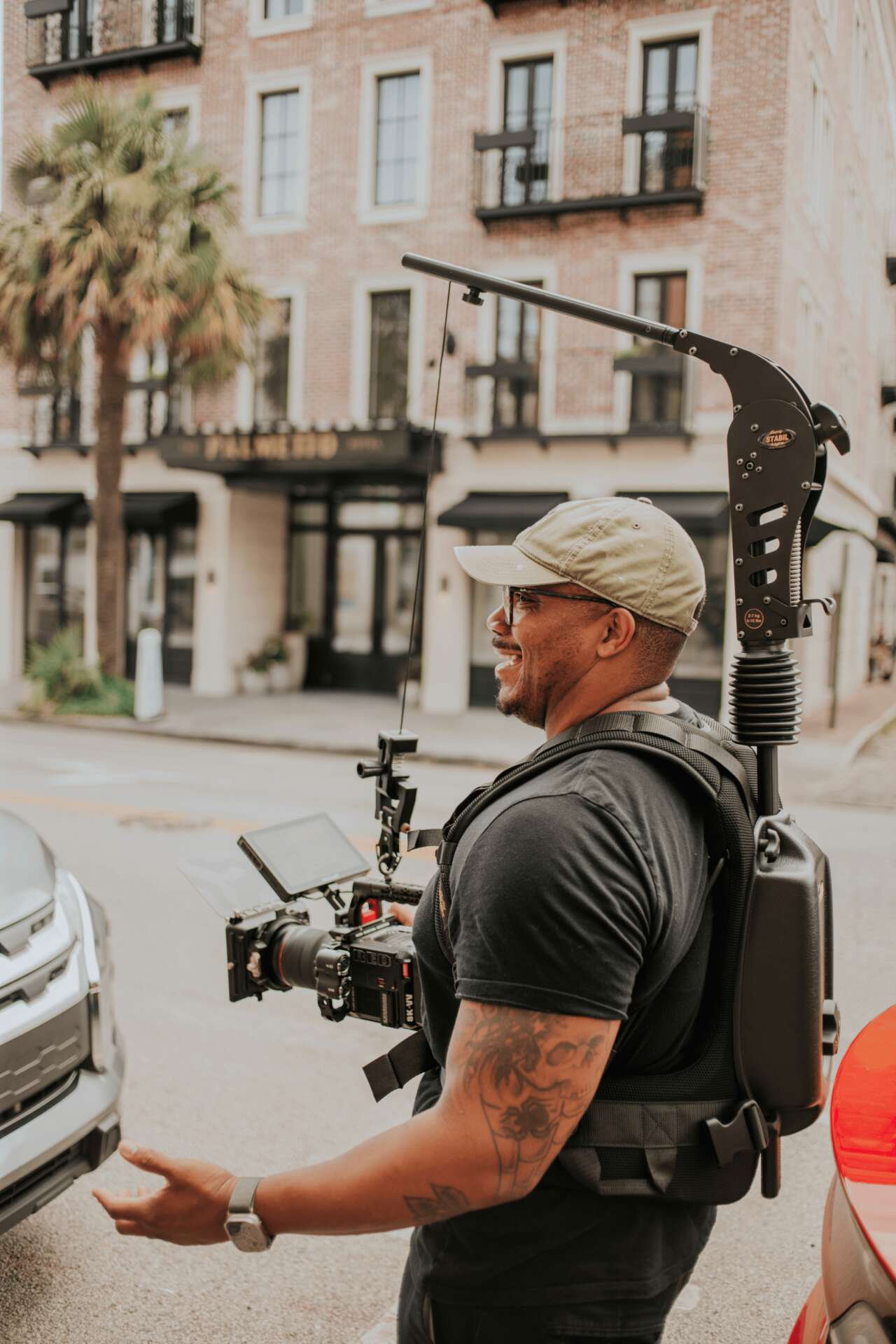
Can you tell us about a time you’ve had to pivot?
Before videography, I was living what many would consider the American dream. I worked for one of the biggest names in aviation, Boeing. As a veteran with no degree, I was making a decent living, leveraging my military background. I remember having a dinner conversation with my wife (then girlfriend), where I casually mentioned, “Hey, I think I want to go back to school for film.” She was supportive initially, but the idea of leaving Boeing caused a lot of anxiety. Transitioning from a Boeing salary to a VA student salary was daunting, especially considering the slow process of setting up school awards with the VA.
I knew I had to leave. I wasn’t happy working for someone else. I wanted to be my own boss and have flexibility in my schedule. I knew a change was necessary. The first three months were rough, but eventually, everything worked out.
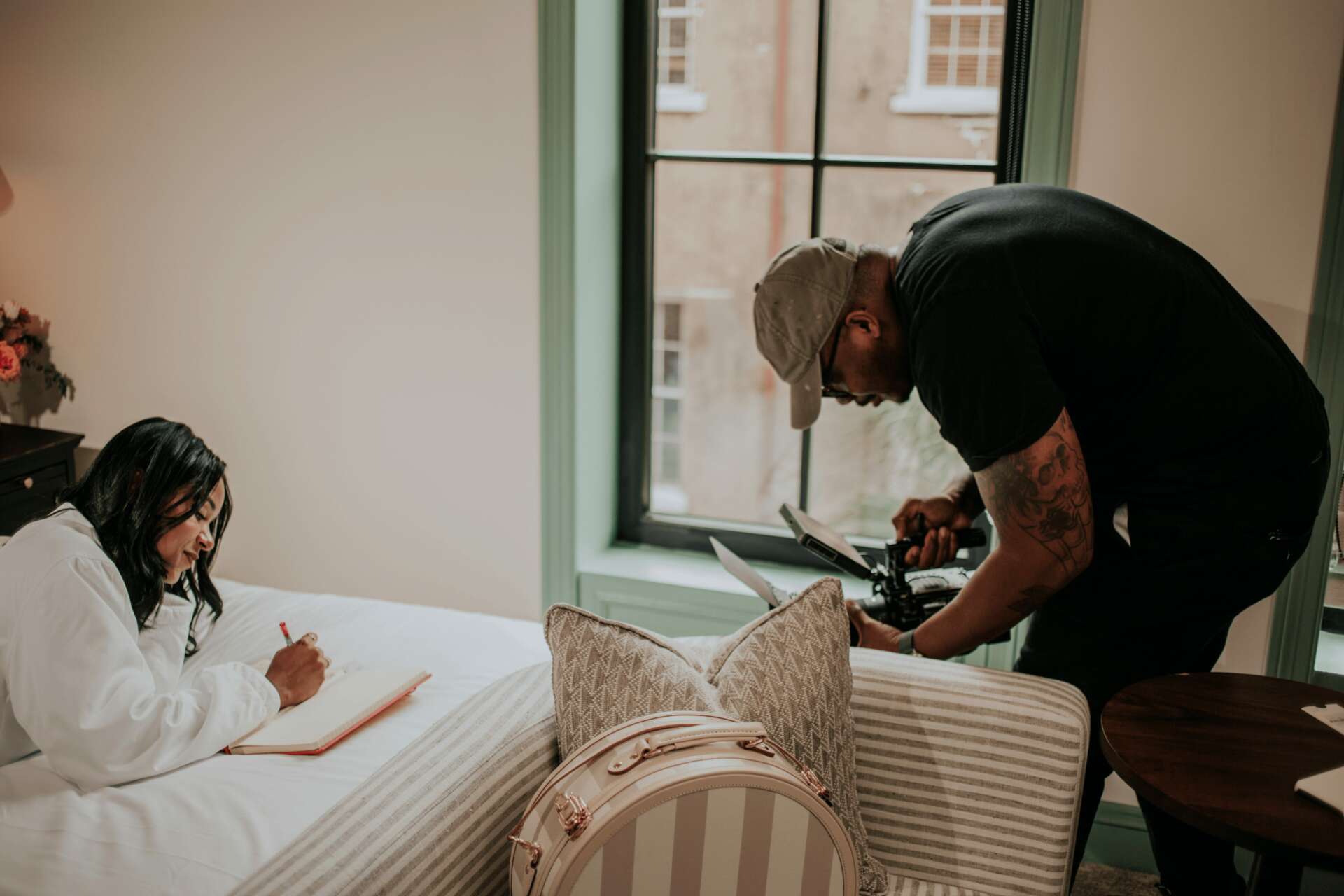
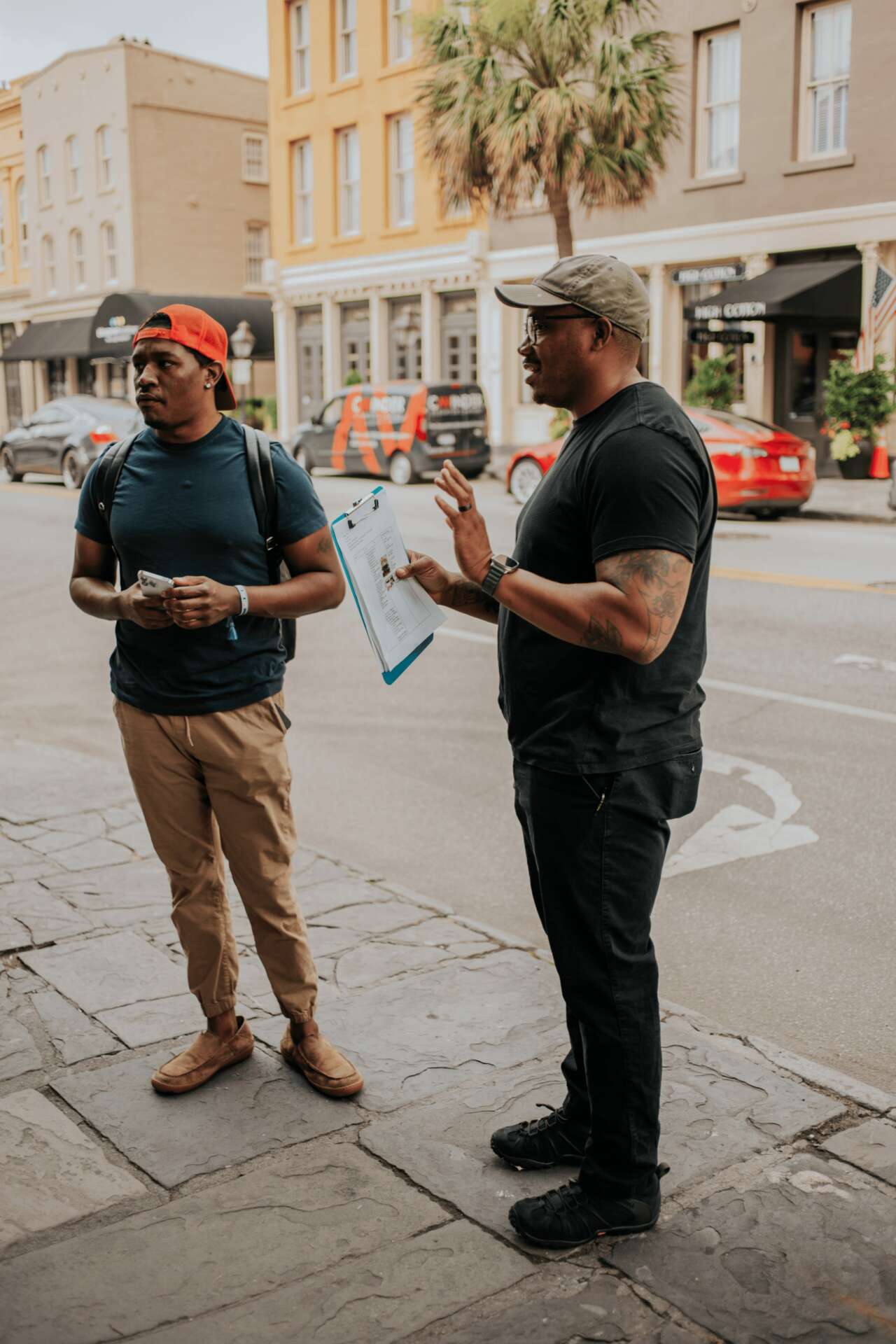
Any stories or insights that might help us understand how you’ve built such a strong reputation?
I believe the best way to build a good reputation is by being reliable. It’s often not just skills or equipment that establish a reputation; it’s being the person who will show up when needed and go the extra mile to ensure clients’ needs are met. In my mind, that’s what truly builds a solid reputation.
Contact Info:
- Website: https://www.dougmediaproductions.com
- Instagram: @Dougmediaproductions
- Facebook: @Dougmediaproductions
